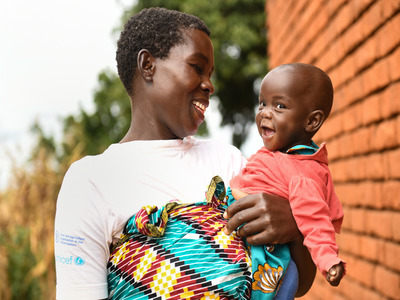After completing this module, you will be able to:
- Analyse the purpose and intended impact of coordination in relation to the core cluster functions,
- Explain the key tasks a Coordinator is responsible for,
- Describe the collaborative role of the Coordinator in working with other relevant stakeholders,
- Reflect on your own performance and how well you demonstrate the necessary coordination competencies.
Audience
Anyone working in a coordination role in an AoR, cluster, sector or working group or anyone supervising their work or working closely alongside them; people who are interested in these roles or who work closely with AoRs or clusters.
Length
It should take you about 40 minutes to complete this self-paced course.
Methodology
This course is composed of a single short self-paced animated module, including various examples and activities.
Structure
Introduction
Lesson 1: The purpose and impact of the Coordinator
Lesson 2: The responsibilities of the Coordinator
Lesson 3: Working effectively with key stakeholders
Lesson 4: Reflection
Summary
Suggested prior learning
- The CLA's role and responsibilities within the cluster approach
Suggested further learning
- Introduction to cluster leadership
- Nurturing a cluster coordination team
- Introduction to the role of the IMO
- Strengthening humanitarian coordination through collaboration with colleagues and AoR/ cluster/ sector member
